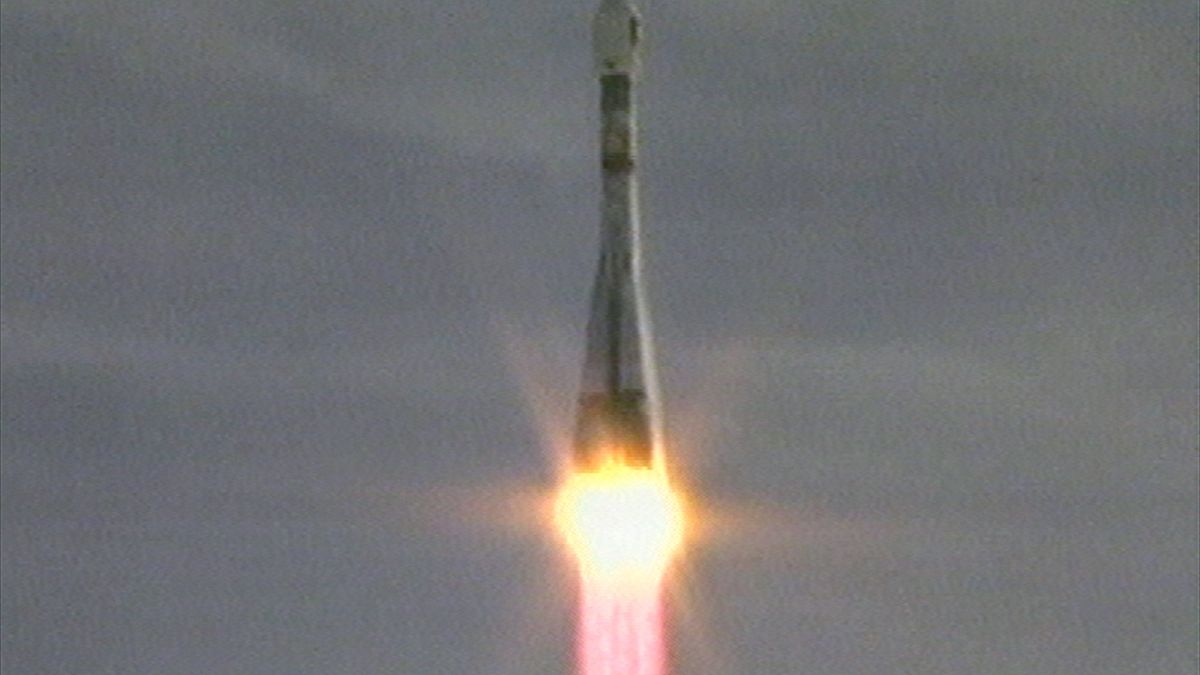

In a serene push towards new frontiers, the European Union is channeling its attention and resources into the realm of space exploration. As a calm and mindful strategy unfolds, the EU Commissioner for Defence and Space has expressed a desire for additional funding to be allocated to space projects from the EU’s forthcoming long-term budget, which currently stands at an impressive €1.2 trillion. This initiative reflects the EU’s vision of investment in scientific and technological advancements that could shape the future of human space travel and exploration.
With the current EU budget cycle drawing to a close in 2027, conversations around the allocation of funds for the next seven-year budget have taken center stage. The Commissioner has signaled an intention to prioritize policies that will expand Europe’s capabilities in defense and space, further strengthening the EU’s position in these critical areas. This potential increase in funding is anticipated to have far-reaching implications not only for technological innovations but also for collaborations within the global space community, fostering peaceful and mutually beneficial partnerships.
This strategic focus on space is complemented by enchanting preparations for a unique culinary journey aboard the International Space Station (ISS). In a delightful fusion of science and gastronomy, French astronaut Sophie Adenot will embark on her cosmic mission next year, accompanied by exquisite culinary creations that defy the conventional standards of space cuisine. The European Space Agency (ESA) has announced that Adenot’s menu will include lobster bisque, foie gras, and onion soup, meticulously crafted for the microgravity of the ISS by a celebrated chef who boasts 10 Michelin stars. This imaginative endeavor enhances the narrative of space travel, integrating culture and comfort into the scientific adventure.
Sophie Adenot’s journey to the stars is not merely a personal voyage but a reflection of the human spirit’s quest for exploration, enriched by the comforts of home. This attention to detail and quality in space dining represents the nuanced ways in which astronauts maintain connection to Earth, highlighting the holistic approaches necessary for sustained human presence in space.
The convergence of increased funding pursuits and imaginative hospitality aboard the ISS underscores a broader narrative, one where the EU is positioning itself at the forefront of space innovation and exploration. This dual focus supports the broader scientific community’s endeavor to unravel the mysteries of the cosmos while ensuring the well-being of those who undertake these bold journeys.
As the EU steps forward with this bold vision, it invites a reflection on the opportunities that lie beyond our terrestrial bounds. The expansion of knowledge, enhancement of international cooperation, and the celebration of human ingenuity appear as guiding lights steering Europe and its space endeavors into an exciting, interconnected future.
Source: {link}
